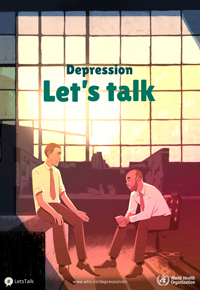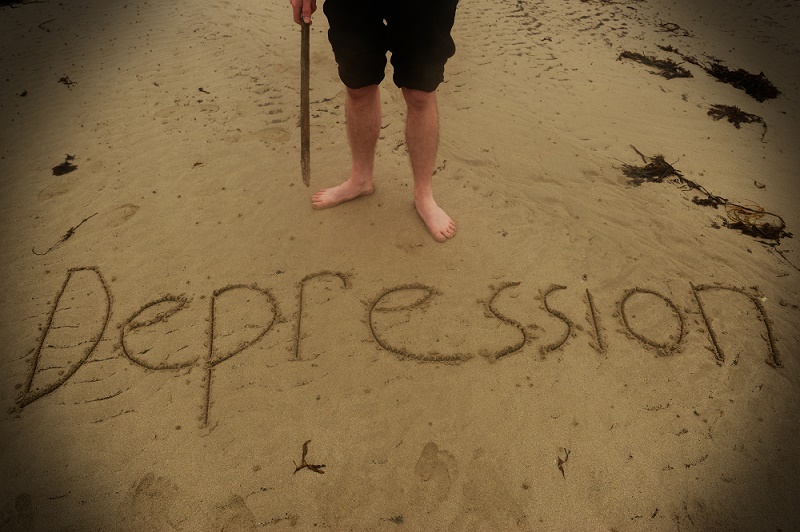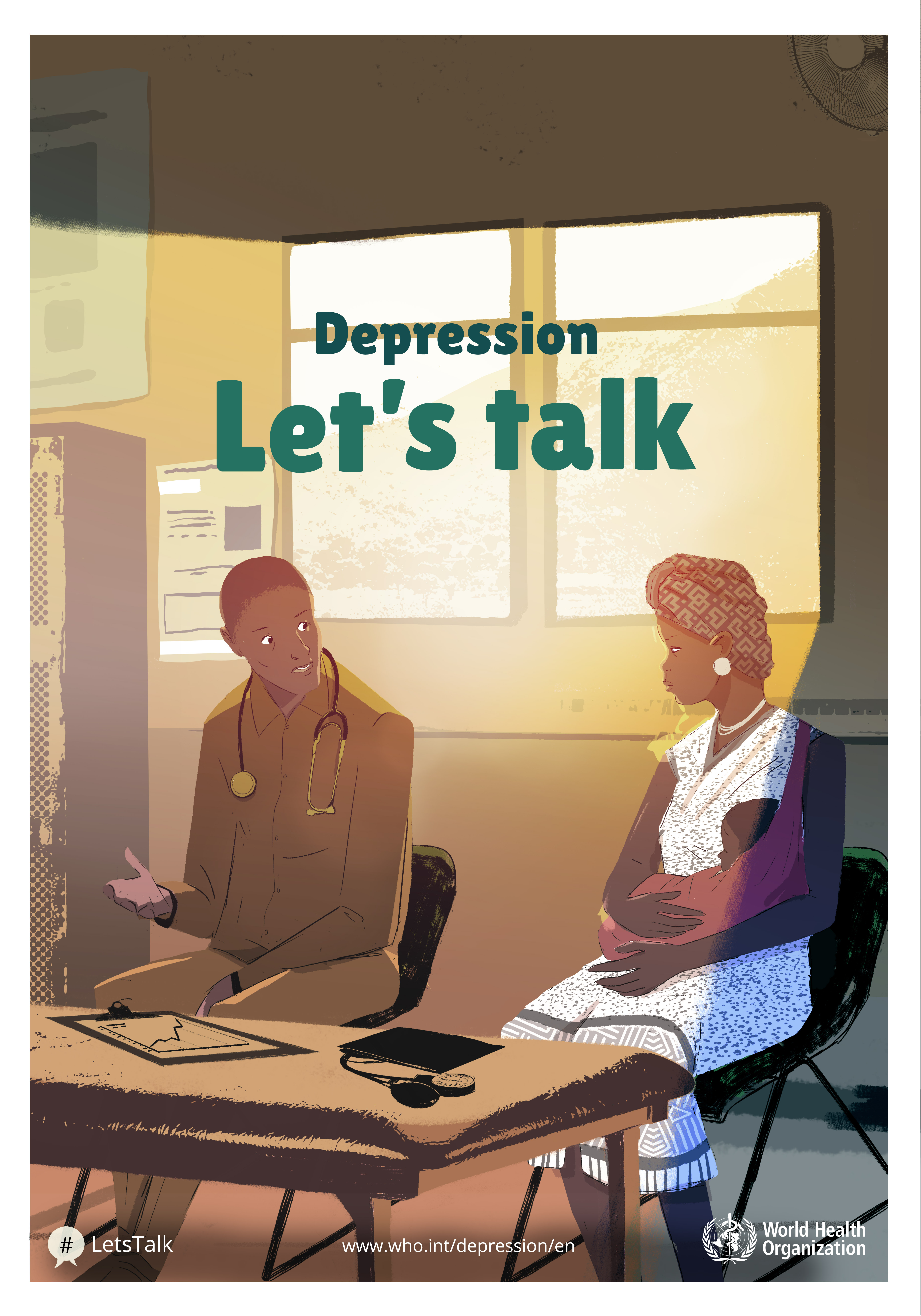
Men and depression
I am not sure whether it is the times we are living in that have made us pay attention to mental health issues or whether it is like child abuse, where once the lid is lifted, we are suddenly aware of how much was trapped in the pandora’s box.
In some countries now, mental health problems are a leading cause of death. In the UK for example, suicide is one of the leading killers and men account for about 75% of all suicide deaths.
We are unlikely to have proper statistics in Kenya mainly because suicide is still illegal – a weird law inherited from colonial times is still in place despite protests from professionals
Health experts in Kenya push for change in law
The stigma and emotional burden of reporting a suicide is bad enough and for it to be part of criminal statistics is an added burden no one should carry.
When I started looking at depression in Kenya, I was shocked by how common it is …
There are some obvious pointers to the problem in Kenya and since I am looking at men, here is one.
Before you proceed, this is my disclaimer: 1- I am not suggesting this is the only sign of depression and I would suggest you read through to avoid misunderstanding and 2- I am not suggesting that men therefore have a bigger problem in Kenya…..I am just focusing my discussion on men only.
In every village in Kenya, no matter how tiny, there is a bar/pub. The bar will be packed with men, young and old.
The majority of alcohol consumers have their favourite bar, with large TV screens, often showing some English premier league football game. When our world class athletes are showing the world what they are made of, alcohol manufacturers are over the moon. The buildings are often made of wood, thatched and appear rather scruffy. Lower end bars will be made of iron sheets. The vehicles parked outside will range from the highest priced to the type of vehicle that the good old writer Whispers, wrote about. The beer, goes down well with nyama choma (barbequed meat), ugali and salad. In areas where the meat is known to be good, there are many more bars (think Kitengela, where I think the best Maasai cattle are slaughtered- but I digress!).
There is an atmosphere of great camaraderie among the men discussing politics and football. Great for weekends and an occasional night out.
The problem arises when this becomes a necessity. The need to drink every night and stagger home or before alcoblow – let the car find its way home – then there is a problem. A whole generation of men have grown up seeing this as a normal way of life. But alcoholism, any form of addiction, screams of a lack of connection and feelings of isolation. Some people manage to hold jobs down, despite this, but others fall on the wayside.
I remember a lecturer at University who used to teach parasitology. His topic was East Coast fever, a febrile cattle disease spread by ticks. He would sometimes come to class looking like he slept a couple of minutes in his car and would occasionally garble his words. We did not complain because he taught really well – you got the feeling that he could teach this topic in his sleep and do a great job. Anytime I hear the parasite’s name, Theileria parva parva, I see this man. We liked him. But he had a serious problem. And there are rather a large number of men living his life.
Then there is the alcoholism we hear a lot of…..
Bottled beer in Kenya is not cheap, and for those who can’t afford, there are shacks in the slums that sell illegal brews made at home in extremely dirty conditions. Sometimes these brews are laced with methanol, which when added to a brew, gives a quick high. Sometimes this leads to blindness and deaths ….
After the initial horror wears off, men return to the shacks. There, they find the company of other men shackled in poverty and have loud happy discussions, away from the faces of their hungry families. Soothing the acute shame and accompanying depression of being unable to cater for them.
The government has tried to take it on put the success of these drives are limited.
It would be great if these men earned a living wage in order to support their families. If industry and individuals were not so greedy, milking the life out of them, treating them like slaves.
But across social circles, alcoholism is where men numb themselves.
Men are not brought up to share their feelings. The fathers and uncles, who they mirror, don’t know how to. When a young boy is called a ‘cry baby’, it goes deep. Little boys learn from someone to be mean to boys who show their feelings. And the boys learn that it is not acceptable. Sometimes, boys who are tender are teased as being gay. In this highly masculine, homophobic world that we live in, boys learn to bottle up.
Women are also brought up to expect men to be strong. I am not alone in being brought up like this. I expect the man to lock the doors of the house at night, to be strong for me. To manage his issues and not to cry when things are tough. So both at home and work, a massive show of strength is expected of men. Any crack in the armour, any sign of vulnerability, is not acceptable.
The role models for boys look tough: footballers, wrestlers, runners, batman, superman. Occasionally, a highly respected male figure will show great emotion. We saw Obama shed tears on TV when talking about mass shootings in America – but how that has changed…. and I stop there because we need good news.
We need more vulnerability – more men talking about talking.
And this can be done.
I think about when people were finally allowed to talk about HIV-AIDS. I remember the first condom advert on Kenyan TV, which involved a steaming car radiator……I kid you not! But with time, talking about HIV and sex in the Kenyan media became common place. The same can be done about men talking – really talking and being listened to. Perhaps it does need a campaign as intense as that of HIV –AIDS. When anyone takes their life, it is a societal failure, not a crime. And it is highly preventable.





